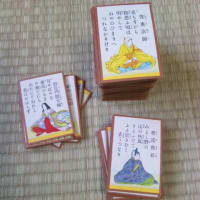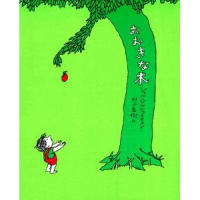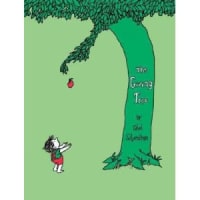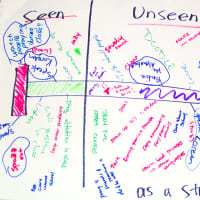For the Discourse Analysis class I'm taking, we were assigned to interview composition teachers to discuss how teachers should evaluate and grade students’ writings. We found that most professors use a rubric in order to grade their students’ works as objectively and fairly as possible. It may look something like this:
Content……20%
Organization……20%
Style/Voice……20%
Flow of thoughts……20%
Grammar, spellings and punctuations……20%
But one of my classmates said, “Since I’ve been teaching Freshman Comp this semester, it puzzles me that some writings are not that great or attractive even though it is 100% perfect according to the rubric.” True, true. Then our professor replied, “That is possible indeed. So I use to give maximum of 3% for the ‘Sox Effect’ points.” “What’s the Sox Effect?” I asked. “Oh, it’s an idiom to express that something is so surprisingly impressive that it knocks your socks off.” So I give it credit for shooting my socks off, I see.
Then I remembered about Mr. Haruki Murakami’s comment on writing quoted in Professor Uchida’s blog. Let me re-quote part of it here.
“In an extreme sense, I say meaning is not so important to a novel. The important thing is, how those meaning and meaning act in concert with each other. It’s like harmonic overtone in music which is not heard by human ears, but the depth of music depends on how many overtones are there hidden.
“Natural hot springs can warm up a body more easily, so can sounds with harmonic overtones linger within the body. I mean physically. But it is impossible to logically explain why it lingers so. That’s the characteristic of how a good story functions. A high-quality story enters into people’s hearts and stay there well. Yet, it is hard to explain with words how such a story differs from not so-high-quality stories functionally and structurally.”
So I shared this metaphor in class and it seemed to have made sense for everyone. (Thank you, Mr. Murakami!) My professor commented, “That novelist put it well. When we can’t quite explain something logically, we use metaphors.” Since then, I’ve been contemplating on the “hot spring effect” for a while. I wonder, is it only for a story or can other “authentic” thing contain unexplainable elements causing lingering warmth or liberation within us? It may be a painting, music, or any other forms of art. It may be an experience, a person, or an idea. If so, my life have been blessed with artworks, people, experiences, and teachings with the hot spring effect. So I am very grateful. Now, instead of just sitting in the hot spring, but I must have the springhead in my heart, living a life with hot spring effect. Not only your socks, but it will also knock your clothes off so you can enjoy the hot spring. (Watch out!)
Content……20%
Organization……20%
Style/Voice……20%
Flow of thoughts……20%
Grammar, spellings and punctuations……20%
But one of my classmates said, “Since I’ve been teaching Freshman Comp this semester, it puzzles me that some writings are not that great or attractive even though it is 100% perfect according to the rubric.” True, true. Then our professor replied, “That is possible indeed. So I use to give maximum of 3% for the ‘Sox Effect’ points.” “What’s the Sox Effect?” I asked. “Oh, it’s an idiom to express that something is so surprisingly impressive that it knocks your socks off.” So I give it credit for shooting my socks off, I see.
Then I remembered about Mr. Haruki Murakami’s comment on writing quoted in Professor Uchida’s blog. Let me re-quote part of it here.
“In an extreme sense, I say meaning is not so important to a novel. The important thing is, how those meaning and meaning act in concert with each other. It’s like harmonic overtone in music which is not heard by human ears, but the depth of music depends on how many overtones are there hidden.
“Natural hot springs can warm up a body more easily, so can sounds with harmonic overtones linger within the body. I mean physically. But it is impossible to logically explain why it lingers so. That’s the characteristic of how a good story functions. A high-quality story enters into people’s hearts and stay there well. Yet, it is hard to explain with words how such a story differs from not so-high-quality stories functionally and structurally.”
So I shared this metaphor in class and it seemed to have made sense for everyone. (Thank you, Mr. Murakami!) My professor commented, “That novelist put it well. When we can’t quite explain something logically, we use metaphors.” Since then, I’ve been contemplating on the “hot spring effect” for a while. I wonder, is it only for a story or can other “authentic” thing contain unexplainable elements causing lingering warmth or liberation within us? It may be a painting, music, or any other forms of art. It may be an experience, a person, or an idea. If so, my life have been blessed with artworks, people, experiences, and teachings with the hot spring effect. So I am very grateful. Now, instead of just sitting in the hot spring, but I must have the springhead in my heart, living a life with hot spring effect. Not only your socks, but it will also knock your clothes off so you can enjoy the hot spring. (Watch out!)



















